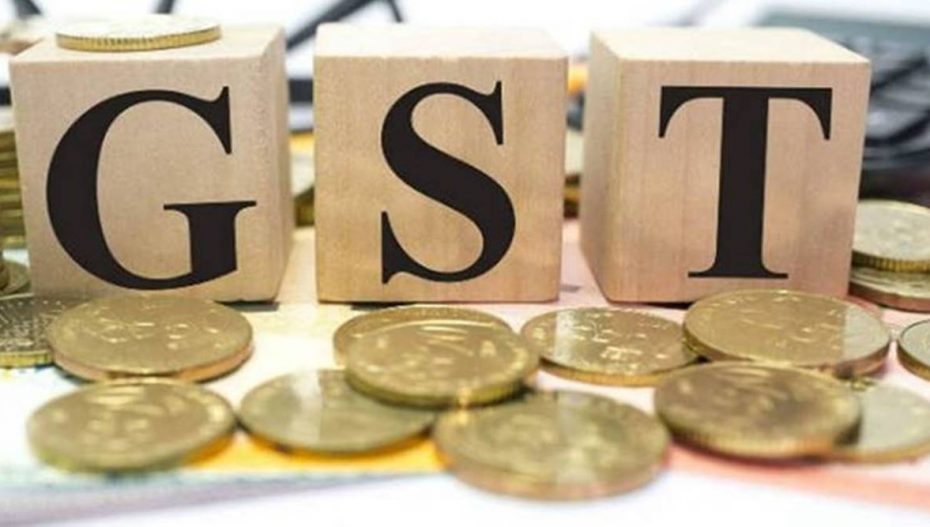A revised slab for Goods and Services Tax (GST) will come into effect from January 1. The changes were declared by the Central Board of Indirect Taxes and Customs (CBIC) on November 18.
So be prepared for prices that will only get higher. Tags on clothes and footwear will increase as the GST rate on these items will increase from 5 percent to 12 percent, starting from January 1. Clothes and footwear which cost less than or equal to Rs 1,000 will be taxed at 12 percent. Fabrics to become costlier include woven goods, synthetic yarn, tent fabrics and blankets. Even tablecloths and table napkins will incur a 12 percent GST. Only cotton will still be taxed at the current five percent.
Passenger services like Ola and Uber will entail a five percent GST imposition on auto rides booked online through the apps. However, auto-rickshaws got into directly from the street are exempt from GST On the other hand, taxi rides will be cheaper as the earlier GST of six percent will now be brought down to five percent.
The GST revised rules will also be applicable to online food delivery services such as Zomato and Swiggy. A five-percent GST will be levied on the app, not to be directly collected from consumers. However, sceptics are wary about how long consumers will be spared the additional amount. Currently, only restaurants and food businesses with an annual turnover of Rs 5 crore or more have to submit bi-monthly returns.











